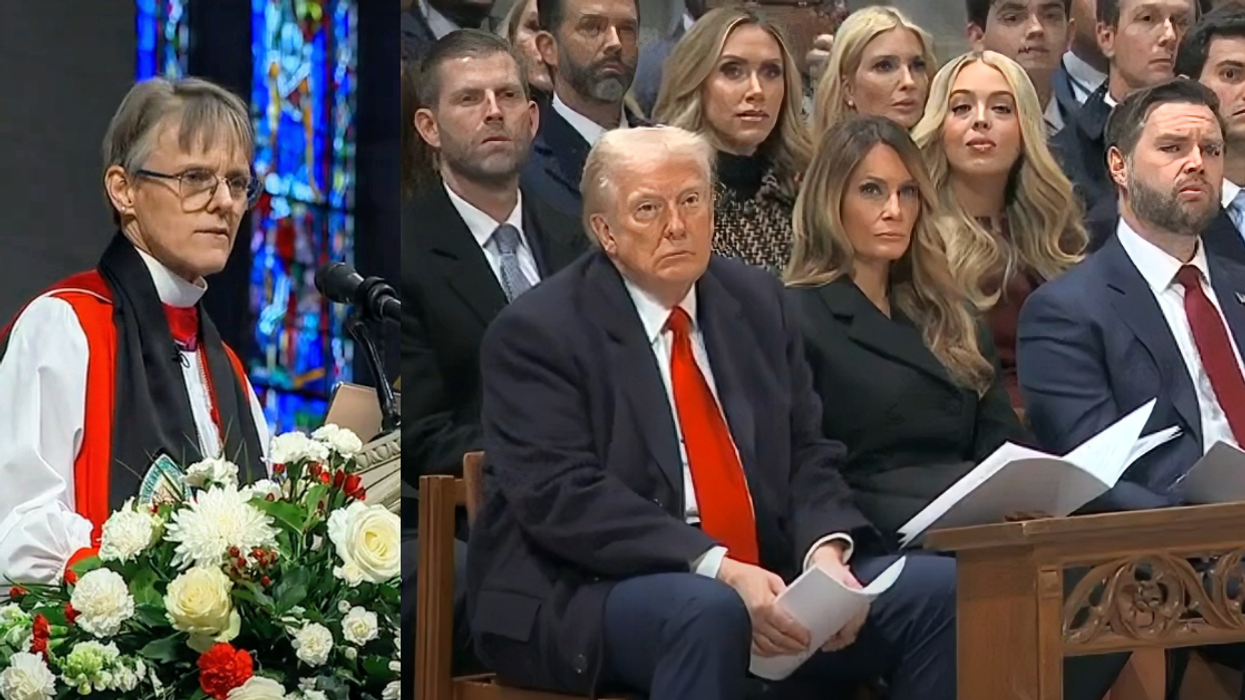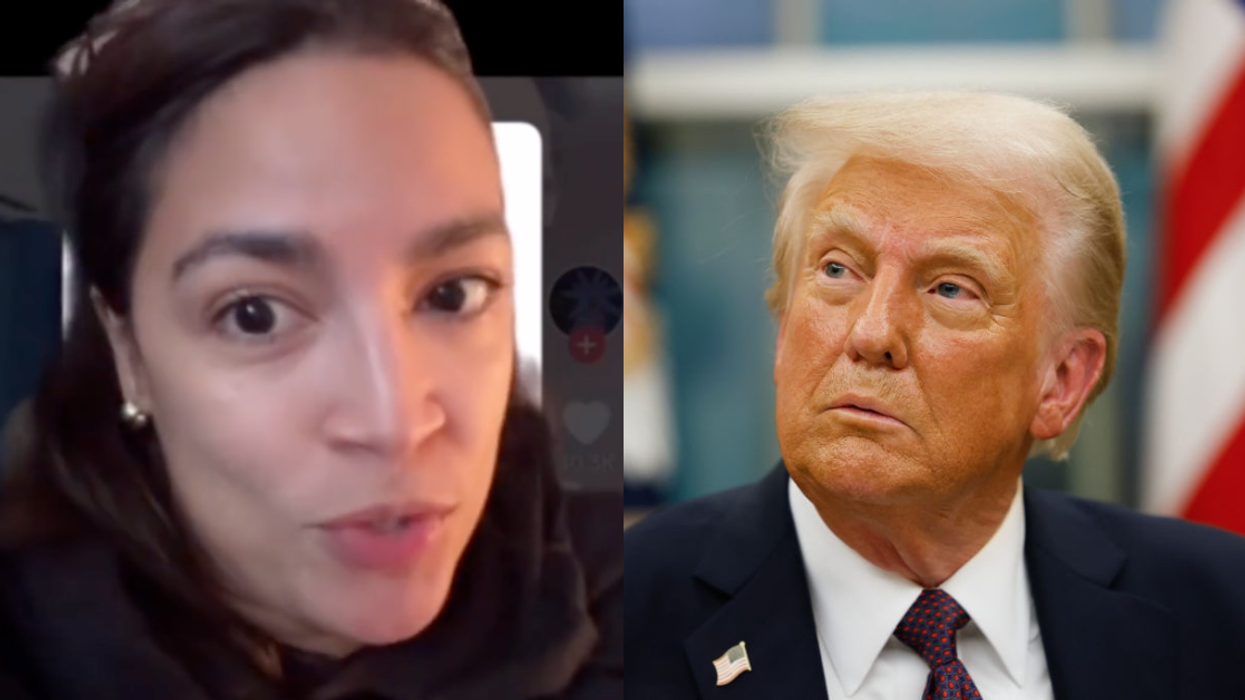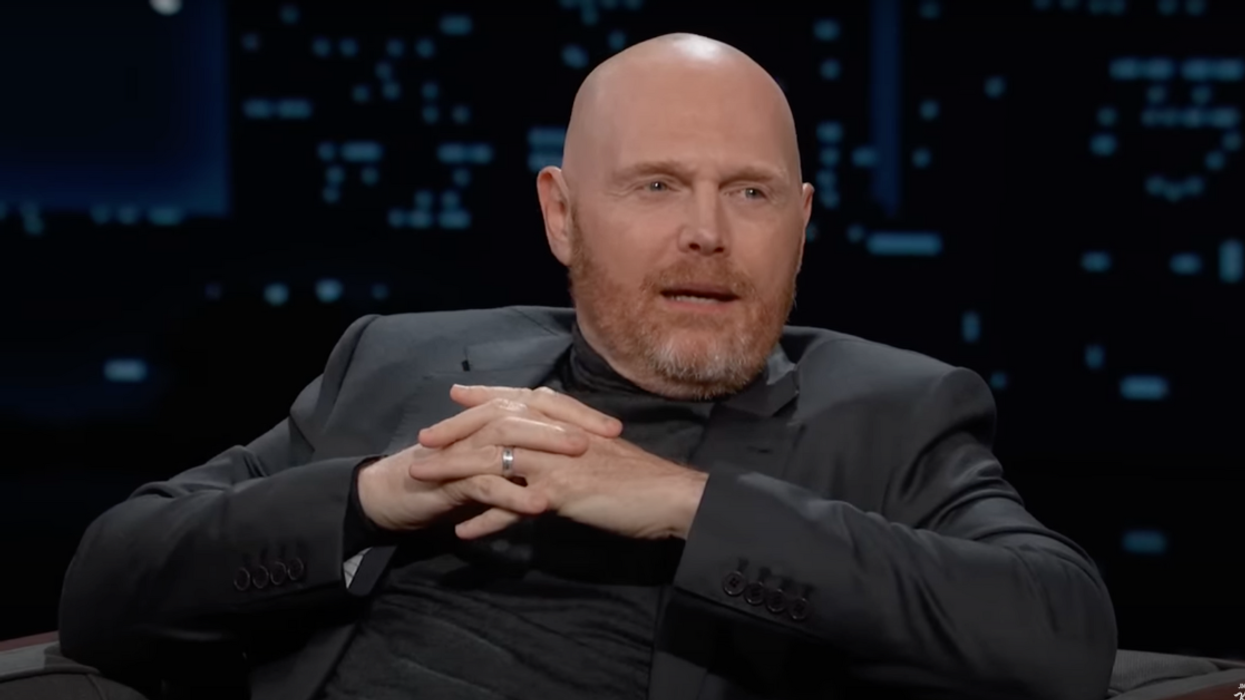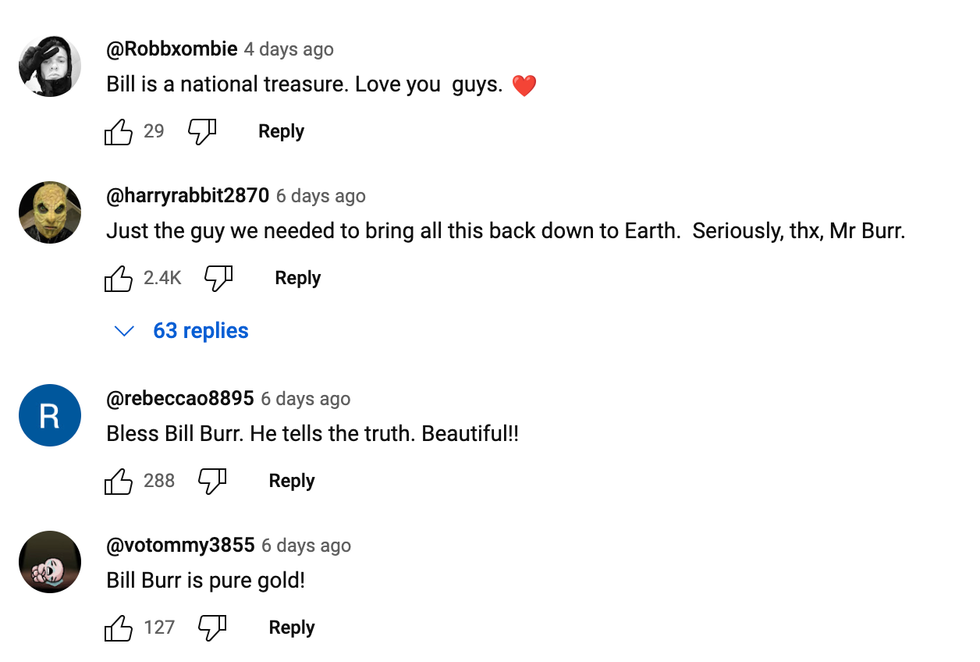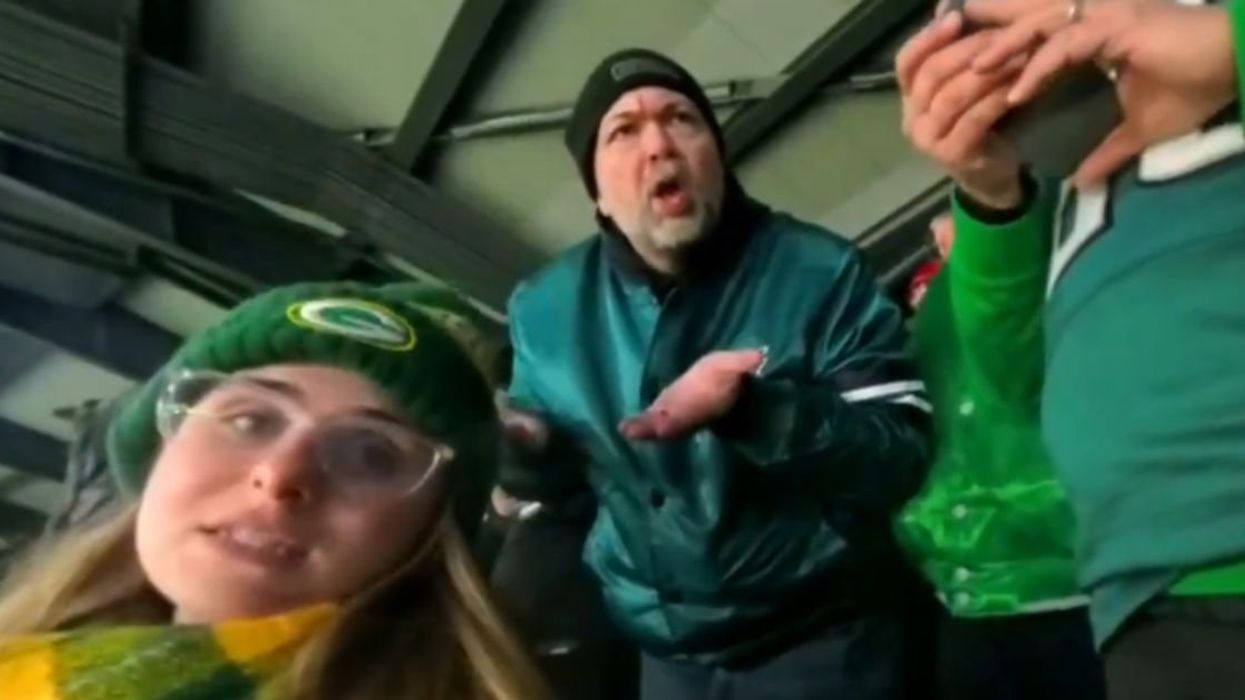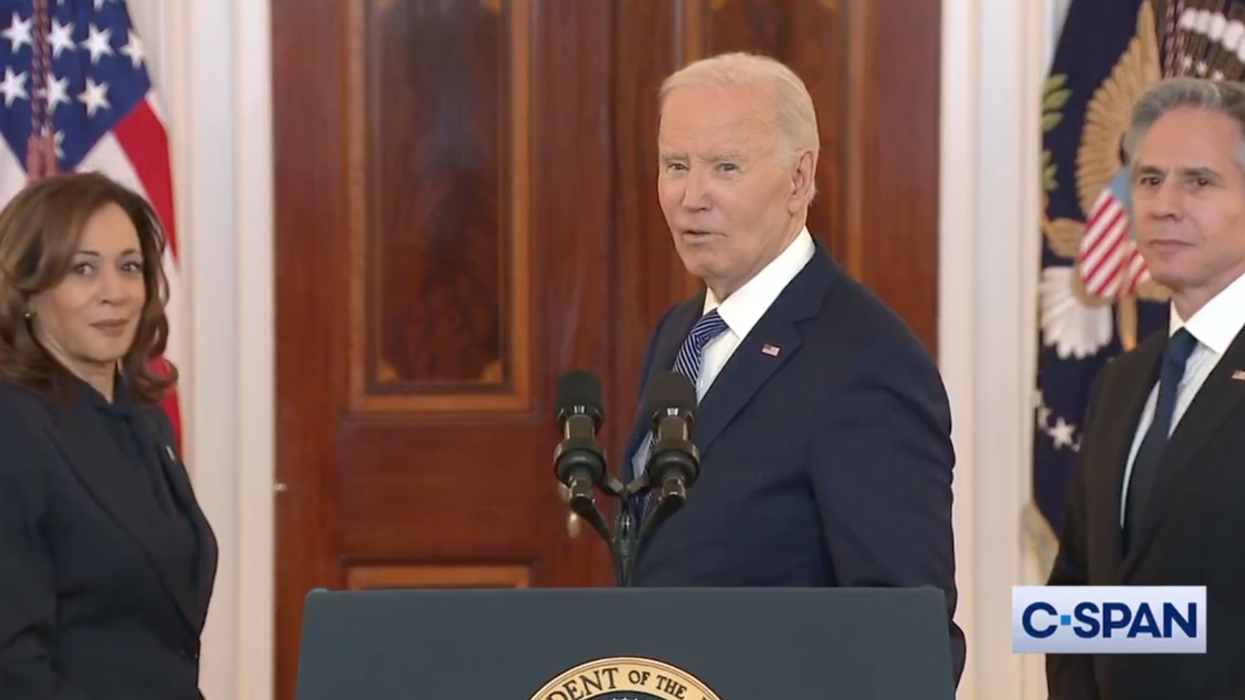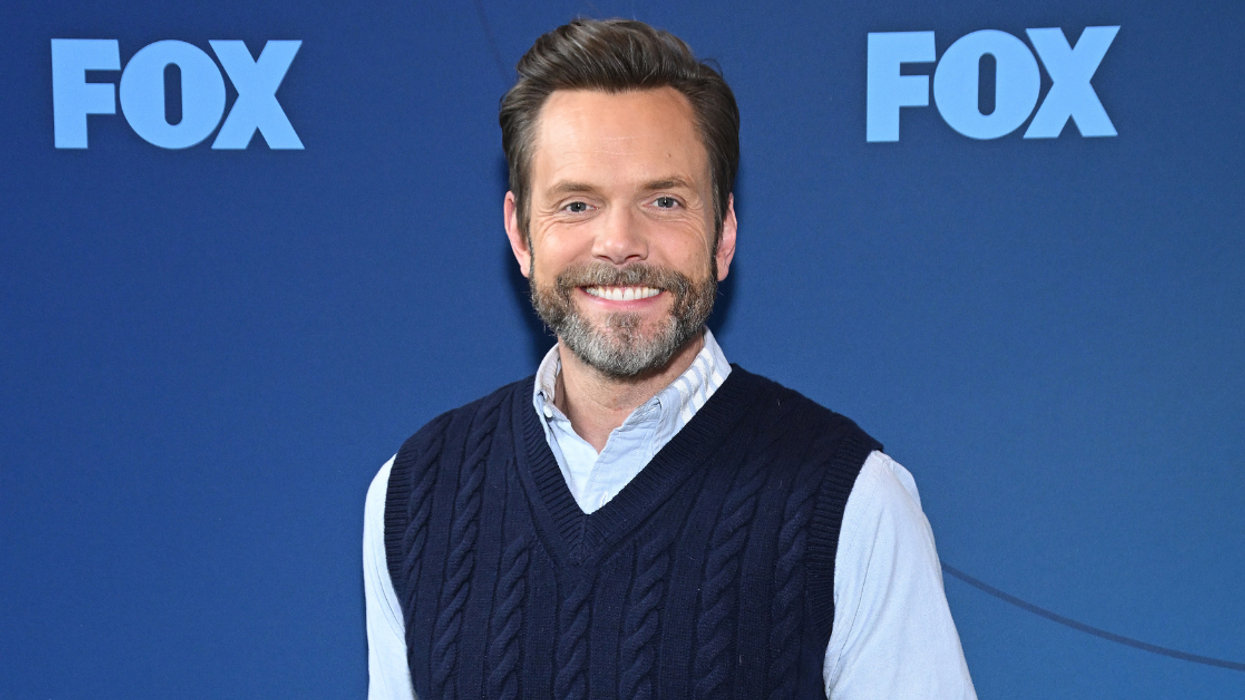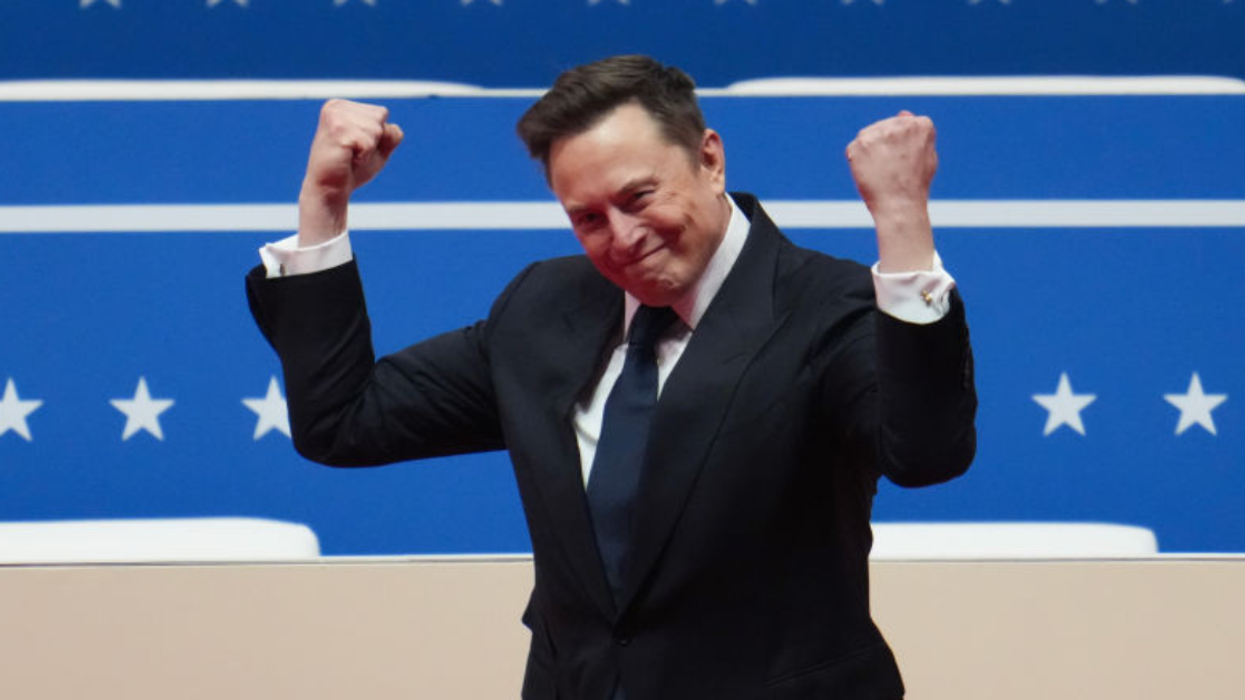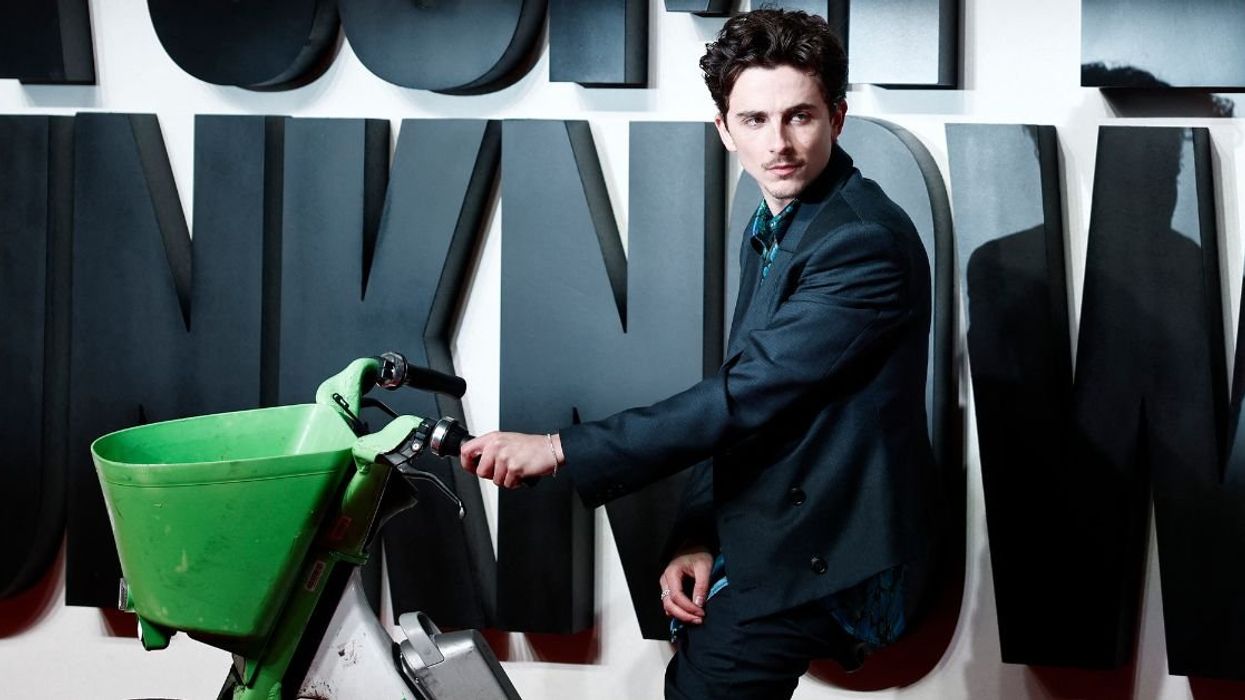Microsoft is taking a stand to support election security.
The software company announced it would release an open-source software development kit called ElectionGuard.
ElectionGuard uses encryption techniques to let voters know once their ballots are counted.
More importantly: The software will, according to NPR, "allow election officials and third parties to verify election results to make sure there was no interference with the results.
Microsoft developed ElectionGuard with computer science company Galois. The software will be available free of charge for election technology vendors.
ElectionGuard would provide voters with a unique code that would not reveal who or what they did or didn't vote for. Voters could then use the code to "follow" their vote from the moment they cast it.
Speaking to NPR, Tom Burt, Microsoft's vice president of customer security and trust, said:
"It's very much like the cybersecurity version of a tamper-proof bottle. Tamper-proof bottles don't prevent any hack of the contents of the bottle, but it makes it makes it harder, and it definitely reveals when the tampering has occurred."
According to Joe Kiniry, a principal scientist at Galois says his company will use this software as part of an open-source voting system that is being designed thanks to a grant from the Department of Defense.
It's not a perfect system, he says, but it should serve as a model for private companies "to build off of":
"It gives the ability to double-check, even if a system is terribly written, even if it's hackable, it gets detected. It's not magic pixie dust. We need this plus unhackable systems."
The team at Galois is certainly thrilled.
And here are some words from some partners:
Joe Hall, the chief technologist at the Center for Democracy and Technology, says the technology would grant voters "the ability to track the ballot as it goes through the entire process":
"Similar to what voters have with packages, or pizza, it will say this is at this facility, it has been counted... This will help voters track their votes; it's going to build in this audibility that's sort of the holy grail. But it's not going to reach the smaller jurisdictions that don't have the money to upgrade or have older equipment."
The news comes just days after President Donald Trump said he discussed the "Russia hoax" in a phone call with Russian leader Vladimir Putin.
Asked whether he told Putin not to meddle in the next U.S. election after Special Counsel Robert Mueller's report found that "the Russian government interfered in the 2016 presidential election in sweeping and systematic fashion," he only said:
""We didn't discuss that. We discussed five or six things. We went into great detail on various especially the nuclear––especially, maybe, Venezuela. We talked about North Korea at great length… we also discussed trade. We intend to do a lot of trade with Russia."
According to the Mueller report, the investigation "identified numerous links between the Russian government and the Trump campaign" and the Trump campaign "expected it would benefit" from Russian interference.
Microsoft's initiative is a welcome one considering the failure to address election interference in Washington.



